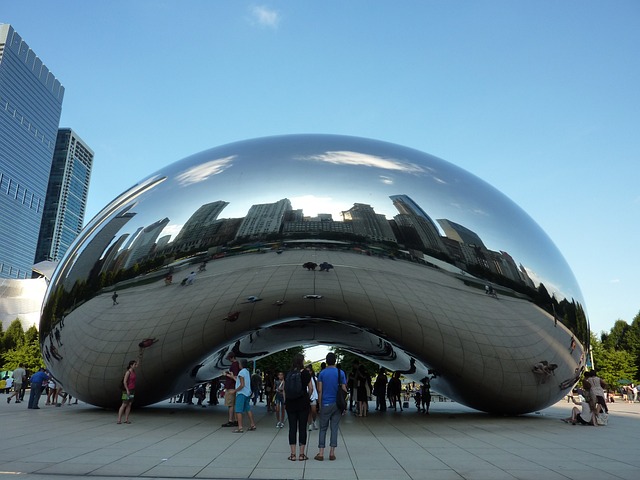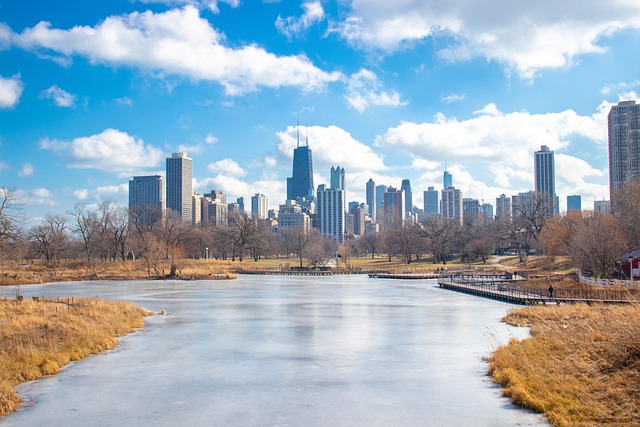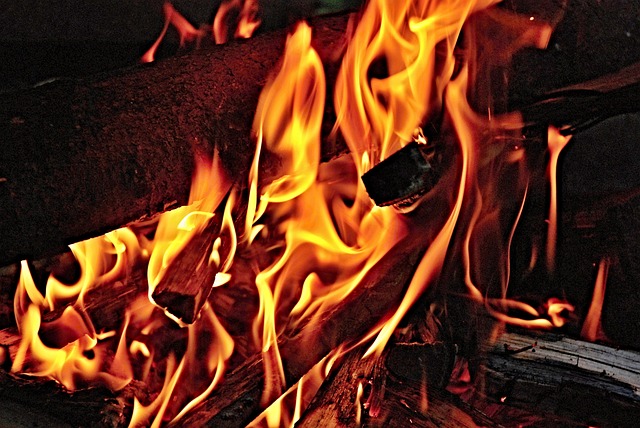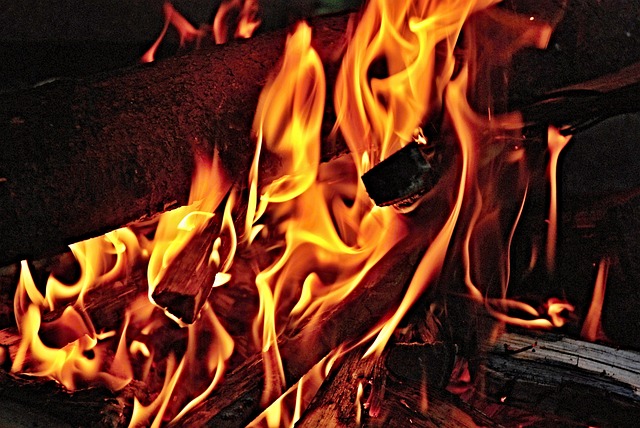In Illinois, especially when selling a house with fire damage in Chicago, property disclosure laws are strict and crucial for both buyers and sellers. Sellers must disclose known defects like fire damage, structural issues, and environmental concerns using standardized forms from the Chicago Real Estate Board. Buyers benefit from this transparency to make informed decisions, seek assessments, or negotiate terms. Adhering to these laws fosters trust, prevents disputes, and ensures legal compliance in real estate transactions involving fire-damaged properties in Chicago.
When selling a house with fire damage in Chicago, understanding Illinois’ property disclosure laws is crucial. This comprehensive guide navigates the legal landscape, focusing on fire damage disclosure requirements specific to Chicago. We explore what sellers need to know before listing, delving into legal implications and best practices for transparency. By adhering to these guidelines, you can ensure a smooth sales process, fostering trust with prospective buyers in the bustling Chicago real estate market.
- Understanding Illinois Property Disclosure Laws
- Fire Damage Disclosure Requirements in Chicago
- What Sellers Need to Know Before Listing
- Legal Implications and Best Practices for Transparency
Understanding Illinois Property Disclosure Laws

In the state of Illinois, especially when selling a house with fire damage in Chicago, understanding property disclosure laws is crucial for both sellers and buyers. These laws aim to ensure transparency and protect all parties involved in real estate transactions by mandating the revelation of certain defects or hazards within a property. Sellers are required to disclose any known issues that could impact a buyer’s decision, including but not limited to fire damage, structural problems, and environmental concerns.
Fire damage, in particular, is a significant concern when selling a house with its unique set of challenges and potential health risks. Illinois law demands that sellers reveal the extent and nature of any fires that have occurred on the property, along with the steps taken for repair or remediation. Buyers who are aware of such disclosures can make informed decisions, seek further assessments, or negotiate terms accordingly. This transparency fosters trust and helps prevent disputes in the future.
Fire Damage Disclosure Requirements in Chicago

When selling a house with fire damage in Chicago, disclosure laws play a crucial role to ensure transparency between buyers and sellers. In accordance with local regulations, the seller must disclose any known information regarding previous fire-related incidents on the property. This includes revealing the extent of the fire damage, when it occurred, and any repairs or renovations that have been done since.
The Chicago Real Estate Board provides guidelines for these disclosures, offering a standardized form to be filled out by sellers. This form requires detailed descriptions of the damaged areas, such as walls, floors, ceilings, and structural elements affected. Buyers are advised to thoroughly review this documentation to make informed decisions regarding their offer and potential home purchase, especially when dealing with selling a house with fire damage Chicago.
What Sellers Need to Know Before Listing

When it comes to selling a house with fire damage in Chicago, sellers have important legal obligations to fulfill through Illinois’ property disclosure laws. Before listing their property, sellers must thoroughly understand what information needs to be revealed to potential buyers. Fire damage, even from a previous event, is considered a material fact that can significantly impact a buyer’s decision and offer price. Therefore, omitting or misrepresenting such damage could lead to legal repercussions.
Sellers are required to disclose any known issues related to the property’s structural integrity, including fire-related incidents and their aftermath. This includes providing details about the extent of the damage, repairs conducted, and whether professional inspectors have assessed the property. Prompt and honest disclosure not only fosters transparency but also ensures that buyers make informed decisions.
Legal Implications and Best Practices for Transparency

When selling a house with fire damage in Chicago, understanding Illinois’ property disclosure laws is paramount to ensure legal compliance and foster transparency between sellers and buyers. These regulations require disclosing any known defects or hazards that could impact a property’s value or safety. Omitting such information can lead to significant legal implications, including fraud charges and financial liabilities.
Best practices for selling a house with fire damage in Chicago include conducting thorough inspections to identify all damage, documenting repairs made, and providing detailed disclosure statements. Being transparent about the extent of the fire damage helps buyers make informed decisions. Additionally, seeking legal counsel specializing in real estate transactions can offer guidance tailored to Chicago’s specific property disclosure laws, further mitigating risks associated with selling a house with fire damage.
When selling a house with fire damage in Chicago, adhering to Illinois’ property disclosure laws is paramount. Understanding these regulations ensures transparency and safeguards both sellers and buyers. Specifically, Chicago’s fire damage disclosure requirements aim to mitigate potential risks associated with structural integrity and health hazards. Sellers must disclose any known issues accurately to avoid legal implications. By following best practices for transparency, you can navigate the process smoothly and foster trust with prospective buyers, ensuring a successful transaction.






